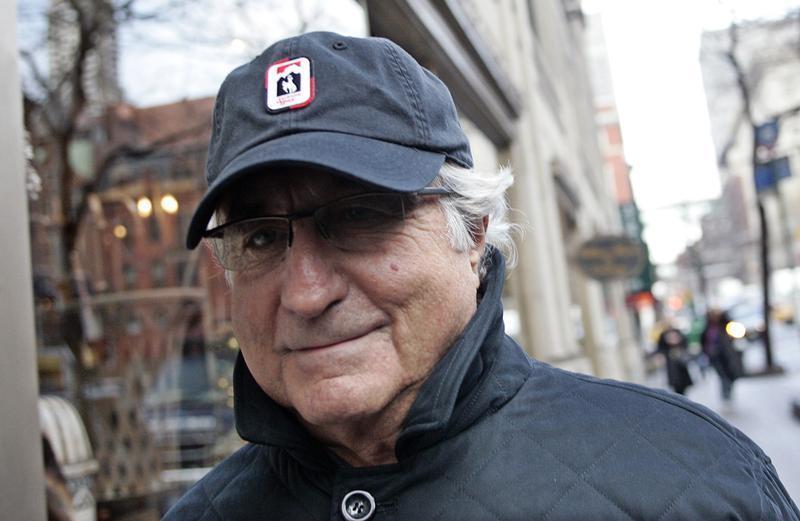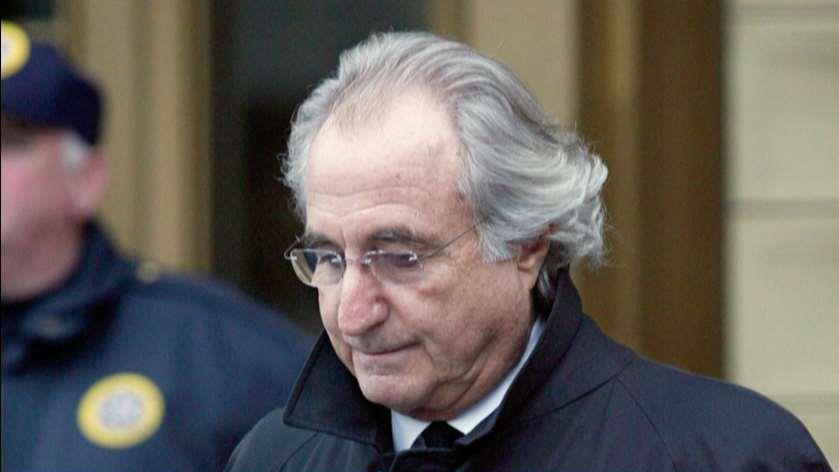'Forgotten' Stanford Ponzi scheme victim Annalisa Mendez: 10 years later, who is fighting for us?
Lawmakers and regulators in Washington, D.C. may have one last chance to secure some semblance of justice for victims of one of the largest Ponzi schemes in American history. With long-stalled litigation finally proceeding against financial institutions accused of aiding and abetting Stanford International Bank’s distribution of $7 billion in fraudulent securities, policymakers face a clear choice: continue to stand with Wall Street or stand with thousands of victims.
When R. Allen Stanford’s Ponzi scheme was uncovered a decade ago amid the rubble of the financial crisis, a federal court appointed a receiver to pursue recoveries for defrauded victims, such as myself, in possession of bogus certificates of deposit. Victims have subsequently received pennies on the dollar in recoveries while the receivership — which is supervised by the Securities and Exchange Commission — has amassed more than $250 million in professional fees, according to its own filings.

Although the SEC and Congress may have felt it was the receiver’s responsibility to fight for victims, that effort has failed. Approximately 20,000 victims spread across Texas, Louisiana and Florida have lost a decade of their lives.
Our government should consider Mr. Stanford the worst type of financial criminal because he preyed on middle-class families and working-class individuals. In contrast to wealthy investors that allocated money to Bernie Madoff’s hedge fund, people like me thought they were investing their savings in very conservative CDs.
Our government should consider Mr. Stanford the worst type of financial criminal because he preyed on middle-class families and working-class individuals. In contrast to wealthy investors that allocated money to Bernie Madoff’s hedge fund, people like me thought they were investing their savings in very conservative CDs. The fact that Madoff victims have received nearly full recoveries thanks to sustained governmental support only adds insult to injury.
Looking ahead, the next few months are truly make-or-break for Stanford victims, as pre-trial activity picks up in the cases being brought by the receiver against TD Bank and Societe Generale, both of which have denied any wrongdoing in the matter.
If victims are to have a real shot at meaningful recoveries, three things must occur.
Our plea
First, the SEC needs to intervene in the litigation against TD Bank to ensure claims being brought on behalf of victims are prosecuted in the proper manner.
Second, Congress can start doing its part to investigate why several international banks operating in the United States have been able to avoid accountability despite their apparent roles in the Stanford Ponzi scheme. These are questions that Senators John Kennedy, R-La., and Bill Cassidy, R-La., continue to raise, but they are just two voices.
The House of Representatives is likely best equipped to act on behalf of victims right now. The Financial Services Committee should hold a hearing to question the receiver and compel bank executives with ties to the Stanford empire to testify under oath.
Lastly, Congress should take legislative action to prevent foreign banks from operating in the United States if they have unresolved issues with Ponzi schemes and similar money laundering activities. Victims continue to wonder why this type of legislation is not being widely championed. If there were ever a bi-partisan issue, cracking down on suspected financial criminals should be it.
GET FOX BUSINESS ON THE GO BY CLICKING HERE
At bottom, the actions that need to be taken are clear. Leaders in our nation’s capital owe a long-overdue debt to the thousands of Stanford victims across the country. That debt can be paid now by sticking up for us in court and in the halls of Congress.
Editor’s note: After being convicted by a federal jury in Houston in 2012 on 13 felony counts, Stanford is currently serving out a sentence of 110 years in Sumterville, Fla. The average amount lost per victim, based on the total amount of losses divided by investor count, was around $264,000. The court-appointed receiver rounding up funds for the victims did not return a FOX Business request for comment in time of publication.
Annalisa Mendez of Austin, Texas is an individual investor who purchased securities from Stanford International Bank prior to its collapse. She is a lead plaintiff in recent legal action brought by victims against correspondent banks allegedly involved in the Stanford Ponzi scheme.





















